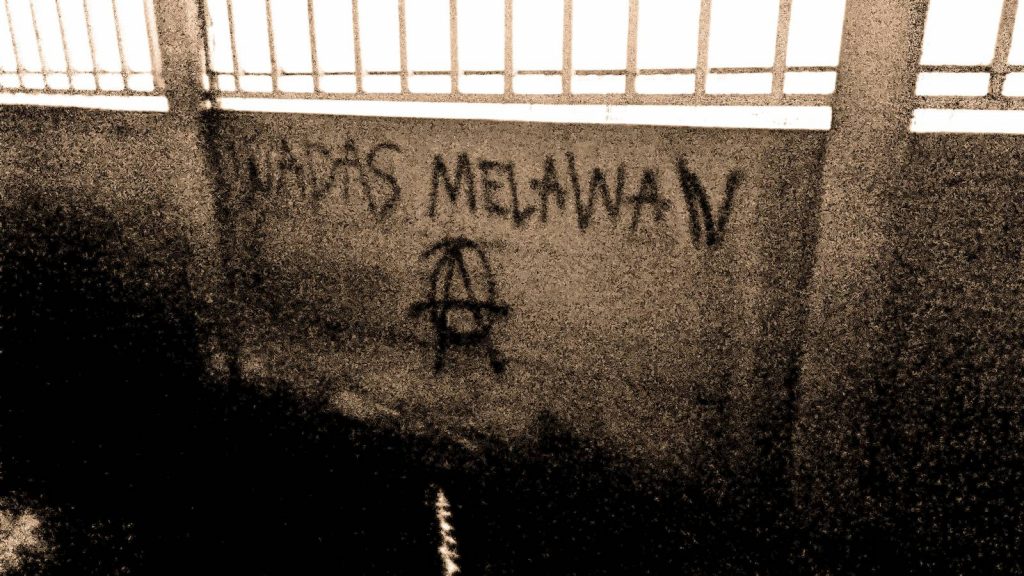de.indymedia, August 17, 2022
On the night of Thursday to Friday of last week, two vehicles were completely burned in the district of Bad Willhelmshöhe in Kassel (Hessen region). The two cars that were completely destroyed by fire were two civilian vehicles belonging to the German army fleet, parked near the Bundeswehr technical school. The cops say the damage was in the mid-five figures. A small drop in the bucket compared to the huge sums currently being spent on rearmament.
Since all NATO member countries are required to spend at least 2% of their GDP on war preparations, spending on military and armaments products is skyrocketing in Europe. Since then, the German army has been subtly presented to us as an “antiquated troop, reduced to a pitiful size by cost-cutting” and “not fit for combat”. The aim is to convince the public that the huge investments in the military-industrial complex are justified and serve the security of Europe. When at the beginning of this year the war in Ukraine escalated again and the Russian ruling class sent its army to finish annexing the territories in the east of Ukraine that have been disputed for years, the calls for the necessary rearmament of Europe finally found complacent ears.
In a fast-track parliamentary procedure, 100 billion euros of “special budget” were made available to the German army, in addition to arms spending that had already risen to 56 billion dollars by 2021. German arms companies, whose war material will now be massively sold to the Ukraine and produced for NATO armies, are rubbing their bloodstained hands and can say with a clear conscience: this time we are on the right side. Buoyed by this mood, Rheinmetall CEO Armin Papperger, who normally avoids publicity as is appropriate in this industry, is no longer missing an opportunity to promote his group, whose share price has doubled since the start of the war in Ukraine. The fact that the German arms industry is only interested in profits and has no morals is evident in the arms trade with the fascist Erdogan regime in Turkey or with Saudi Arabia, whose army helped to crush the Arab Spring protests in Bahrain in 2011. The big German arms groups have also sold their war machines to Russia, although after the annexation of Crimea an arms embargo was decreed by the EU. In order to do this, the arms dealers used, as is also usual in this sector, a legal loophole to circumvent the embargo. Continue reading “Kassel, Germany: Incendiary attack of the car park of the German army”


